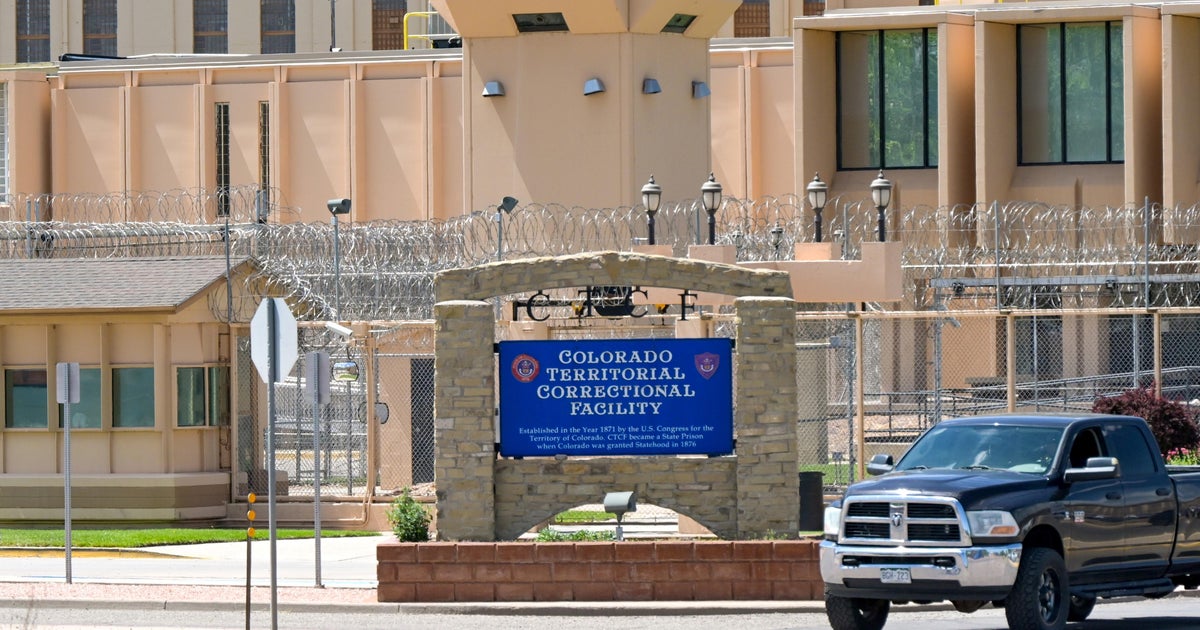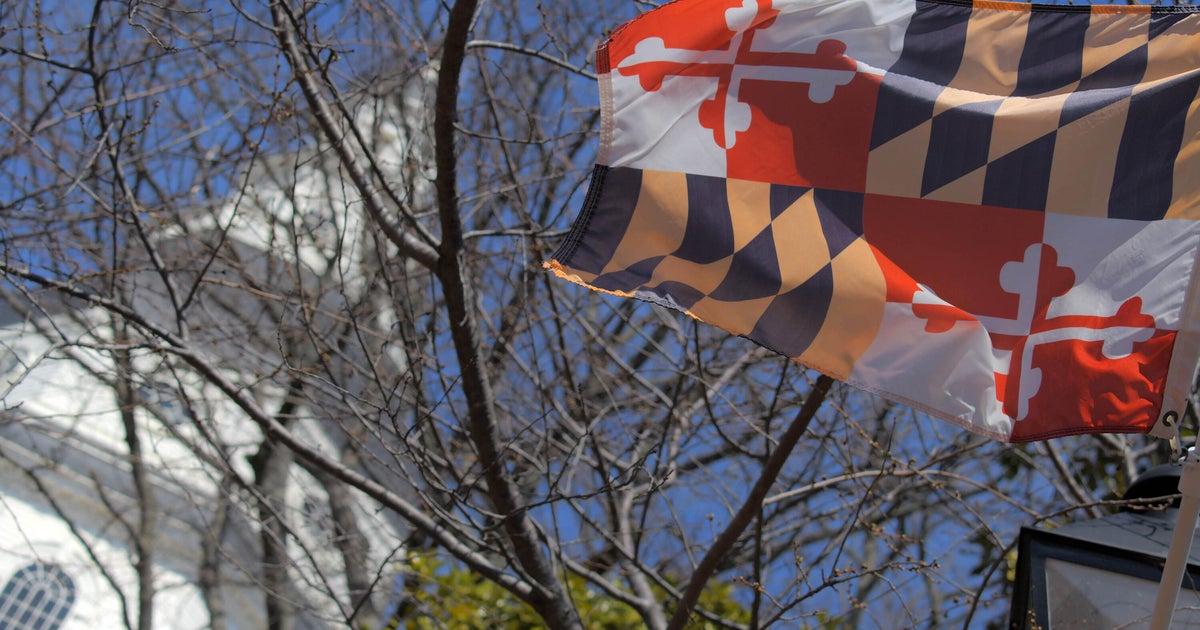Bill Cosby Freed From Prison After Pennsylvania Supreme Court Overturns Sex Assault Conviction
PHILADELPHIA (AP/KDKA) — Pennsylvania's highest court overturned Bill Cosby's sex assault conviction Wednesday after finding an agreement with a previous prosecutor prevented him from being charged in the case.
Cosby has served more than two years of a three- to 10-year sentence at a state prison near Philadelphia. He had vowed to serve all 10 years rather than acknowledge any remorse over the 2004 encounter with accuser Andrea Constand.
The Pennsylvania Department of Corrections says he was released from prison just before 2:30 p.m.
He tweeted on Wendesday evening, saying "I have always maintained my innocence." He also thanked his "supporters and friends" and the Supreme Court for upholding "the rule of law."
Cosby flashed the V-for-victory sign to a helicopter overhead as he trudged into his suburban Philadelphia home after serving nearly three years of a three- to 10-year sentence for drugging and violating Temple University sports administrator Andrea Constand in 2004.
The former "Cosby Show" star — the first celebrity tried and convicted in the #MeToo era — had no comment as he arrived, and just smiled and nodded later at a news conference outside, where his lawyer Jennifer Bonjean said: "We are thrilled to have Mr. Cosby home."
"He served three years of an unjust sentence and he did it with dignity and principle," she added.
In a statement, Constand and her lawyers called the ruling disappointing, and they, like many other advocates, expressed fear that it could discourage sexual assault victims from coming forward. "We urge all victims to have their voices heard," they added.
While the trial happened in suburban Philadelphia, jury selection took place in Pittsburgh.
The 83-year-old Cosby, who was once beloved as "America's Dad," was convicted of drugging and molesting the Temple University employee at his suburban estate.
He was charged in late 2015, when a prosecutor armed with newly unsealed evidence — Cosby's damaging deposition from her lawsuit — arrested him days before the 12-year statute of limitations expired.
The trial judge had allowed just one other accuser to testify at Cosby's first trial, when the jury deadlocked. However, he then allowed five other accusers to testify at the retrial about their experiences with Cosby in the 1980s.
The Pennsylvania Supreme Court said that testimony tainted the trial, even though a lower appeals court had found it appropriate to show a signature pattern of drugging and molesting women.
Cosby was the first celebrity tried and convicted in the #MeToo era, so the reversal could make prosecutors wary of calling other accusers in similar cases. The law on prior bad act testimony varies by state, though, and the ruling only holds sway in Pennsylvania.
Renita Hill from Baldwin was one woman who accused Cosby of sexually assaulting her. She filed a defamation lawsuit against Cosby, saying he defamed her after she gave an interview claiming he sexually abused her in the 1980s, but the suit was thrown out.
Prosecutors did not immediately say if they would appeal or seek to try Cosby for a third time.
The justices voiced concern not just about sex assault cases, but what they saw as the judiciary's increasing tendency to allow testimony that crosses the line into character attacks. The law allows the testimony only in limited cases, including to show a crime pattern so specific it serves to identify the perpetrator.
In New York, the judge presiding over last year's trial of movie mogul Harvey Weinstein, whose case had sparked the explosion of the #MeToo movement in 2017, let four other accusers testify. Weinstein was convicted and sentenced to 23 years in prison. He is now facing separate charges in California.
In Cosby's case, one of his appellate lawyers said prosecutors put on vague evidence about the uncharged conduct, including Cosby's own recollections in his deposition about giving women alcohol or quaaludes before sexual encounters.
"The presumption of innocence just didn't exist for him," Jennifer Bonjean, the lawyer, argued to the court in December.
In May, Cosby was denied paroled after refusing to participate in sex offender programs during his nearly three years in state prison. He has long said he would resist the treatment programs and refuse to acknowledge wrongdoing even if it means serving the full 10-year sentence.
This is the first year he was eligible for parole under the three- to 10-year sentence handed down after his 2018 conviction.
Cosby spokesperson Andrew Wyatt called the parole board decision "appalling."
Prosecutors said Cosby repeatedly used his fame and "family man" persona to manipulate young women, holding himself out as a mentor before betraying them.
Cosby, a groundbreaking Black actor who grew up in public housing in Philadelphia, made a fortune estimated at $400 million during his 50 years in the entertainment industry. His trademark clean comedy and homespun wisdom fueled popular TV shows, books and standup acts.
He fell from favor in his later years as he lectured the Black community about family values, but was attempting a comeback when he was arrested.
"There was a built-in level of trust because of his status in the entertainment industry and because he held himself out as a public moralist," Assistant District Attorney Adrienne Jappe, of suburban Montgomery County, argued to the justices.
Cosby had invited Constand to an estate he owns in Pennsylvania the night she said he drugged and sexually assaulted her.
Constand, a former professional basketball player who worked at his alma mater, went to police a year later. The other accusers knew Cosby through the entertainment industry and did not go to police.
The AP does not typically identify sexual assault victims without their permission, which Constand has granted.
(TM and © Copyright 2020 CBS Broadcasting Inc. All Rights Reserved. This material may not be published, broadcast, rewritten, or redistributed. The Associated Press contributed to this report.)







